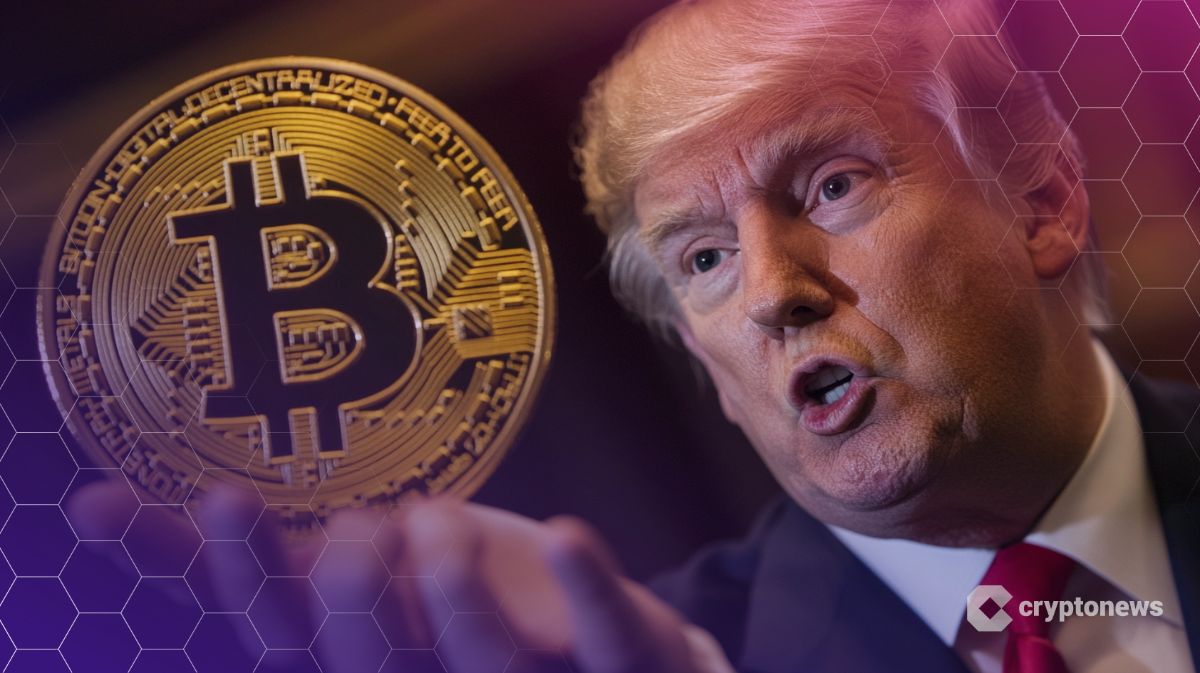Was CZ’s Pardon Bought? His Lawyer Says Media Got It Wrong

Changpeng “CZ” Zhao’s attorney Teresa Goody Guillén is pushing back against mounting allegations of corruption surrounding the former Binance CEO’s presidential pardon, calling media reports about pay-to-play arrangements “false statements” built on “fundamental misunderstandings” of blockchain technology and business operations.
The pardon, granted by President Donald Trump in October following CZ’s guilty plea to anti-money laundering violations, has triggered fierce political backlash from Democratic lawmakers who claim financial ties between Binance and Trump’s family crypto venture influenced the decision.
CZ Never Should Have Been Prosecuted, Lawyer Argues
Guillén defended the pardon during a recent Pomp Podcast interview, asserting CZ faced unprecedented treatment compared to executives at traditional financial institutions charged with similar compliance failures.
She emphasized that no other CEO has been prosecuted for these specific violations despite major banks facing identical or more serious charges.
“He was pardoned because he never should have been prosecuted in the first place,” Guillén stated, noting the case involved no fraud, no victims, and no criminal history.
She attributed the prosecution to the previous administration’s “war on crypto,” suggesting regulators targeted Binance and CZ as high-profile examples following the FTX collapse.
The former Binance chief pleaded guilty in November 2023 to failing to maintain adequate anti-money laundering programs.
Binance paid over $4.3 billion in settlements, while CZ personally paid $50 million and served four months in prison before his release in September 2024.
Corruption Claims Stem From “Fundamental Misunderstandings”
Guillén systematically dismantled allegations linking the pardon to business dealings between Binance and World Liberty Financial, a crypto platform backed by Trump’s family.
Critics have pointed to USD1 (a stablecoin launched by World Liberty Financial on Binance Smart Chain) and a $2 billion investment from Emirati firm MGX settled using the token as evidence of quid pro quo arrangements.
The lawyer dismissed these connections as misinterpretations of standard blockchain operations.
“Just because I list something on Craigslist, it doesn’t mean that I therefore have some special relationship with the former CEO of Craigslist,” she explained, comparing USD1’s presence on multiple exchanges to open-source platform usage.
Media reports claiming Binance built USD1’s underlying technology and promoted it to 275 million users have fueled speculation about preferential treatment.
However, Guillén noted that USD1 operates across multiple chains and other exchanges hold the stablecoin, undermining suggestions of exclusive arrangements benefiting Trump’s venture.
Democratic Lawmakers Demand Investigation Into Pardon Process
Senator Elizabeth Warren led opposition to the pardon, writing that “the convergence of Mr. Zhao’s pardon application and Binance’s financial entanglements with the President’s family presents urgent concerns regarding the integrity of our justice system.”
She posted that CZ “pleaded guilty to a criminal money laundering charge” before financing Trump’s stablecoin and lobbying for clemency.
A group of Democratic senators, including Bernie Sanders, Chris Van Hollen, Jack Reed, and Mazie Hirono, sent a letter to Attorney General Pamela Bondi demanding explanations about how the pardon impacts future white-collar prosecutions.
They warned that the decision “signals to cryptocurrency executives and other white-collar criminals that they can commit crimes with impunity, so long as they enrich President Trump enough.“
Representative Maxine Waters particularly called the pardon “an appalling but unsurprising reflection of his presidency,” accusing Trump of prioritizing “crypto criminals who have helped line his pockets” while Americans face rising costs during a government shutdown.
As a result of all these growing backlashes, representative Ro Khanna announced plans to introduce legislation banning elected officials from owning or launching cryptocurrencies in response to what he termed “blatant corruption.“
Trump Claims He Doesn’t Know Who CZ Is Despite Granting Pardon
President Trump distanced himself from the controversy during a 60 Minutes interview, claiming he doesn’t know who Zhao is despite granting the pardon.
When pressed about Binance’s $2 billion deal involving his family’s crypto venture, Trump replied he was “too busy” to know about it.
“I know he got a four-month sentence or something like that, and I heard it was a Biden witch hunt,” Trump said, characterizing the prosecution as politically motivated.
White House spokeswoman Karoline Leavitt defended the decision as thoroughly reviewed by lawyers, framing it as a correction of “heavy-handed Democratic tactics” against the crypto industry.
CZ expressed gratitude for the pardon, stating he would “do everything we can to help make America the Capital of Crypto and advance web3 worldwide.”
He denied directly funding Trump’s stablecoin venture, dismissing media reports as “misinformation” from competitors.
Meanwhile, Binance is already exploring options to re-enter the US market following the pardon, potentially consolidating its separate US affiliate into global operations or enabling direct American access to its main platform.
The post Was CZ’s Pardon Bought? His Lawyer Says Media Got It Wrong appeared first on Cryptonews.



